A Doctor explains how to stop winter flare-ups of Eczema, Psoriasis and 6 other common cold weather conditions
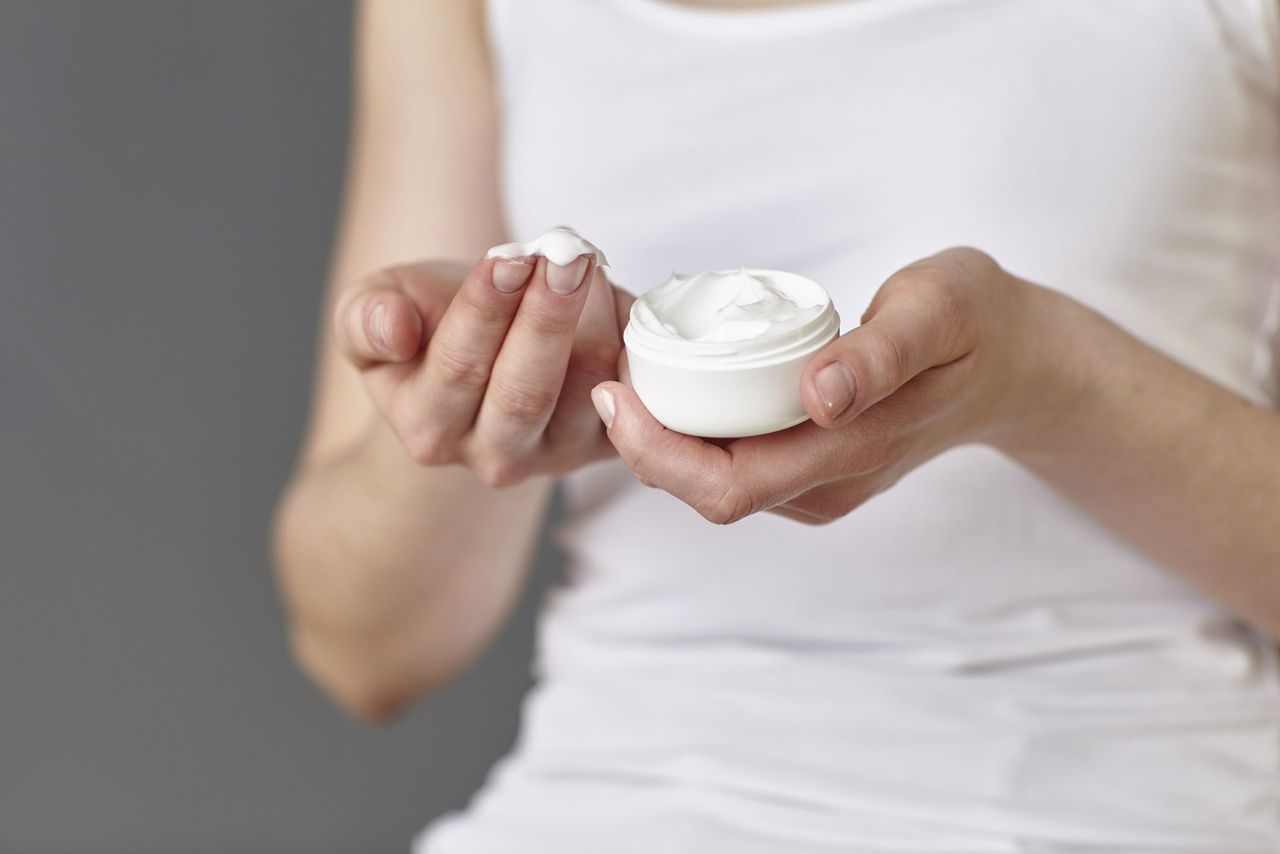
As if the colder, darker months weren’t miserable enough, we also have to prepare for our skin to go through somewhat of a battering. As temperatures drop outside and we crank up the heating inside, our skin can get end up dry, which can also aggravate a number of skin conditions such as eczema, psoriasis, cracked lips and more.
So, it’s time to add ‘take care of skin’ to the never-ending to-do list. Leading Dermatologist Dr Daniel Glass, from The Dermatology Clinic London on Harley Street has shed the light on the most common winter skin problems and how to combat and treat them.
Common winter flare-ups
Eczema
‘There is a particular form of eczema called Asteatotic eczema or winter eczema that can affect the legs, arms and hands and is more common as we get older’, says Dr Glass. ‘A characteristic ‘crazy‐paving’ pattern of this condition is observed on skin of the lower legs and the shins in particular. The mainstay of treatment for this condition is centred on the restoration of skin hydration by using a good moisturizer with petrolatum.’
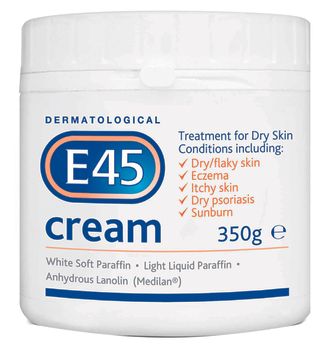
TryE45 Cream for Dry Skin & Eczema 350g, £8.99
Psoriasis
Dr Glass explains that there is also a type of psoriasis which is slightly more commonplace during the winter, called Gutatte psoriasis, ‘when you develop multiple wide spread, very small red scaly patches scattered like rain drops across the skin’. This type of psoriasis is often linked to the development of a streptococcal sore throat, which may explain why it is more common in the winter.
Sign up for the woman&home newsletter
Sign up to our free daily email for the latest royal and entertainment news, interesting opinion, expert advice on styling and beauty trends, and no-nonsense guides to the health and wellness questions you want answered.
Although there is no cure for psoriasis, there are a number of different creams that help improve psoriasis.
‘Steroid creams are often used to help control the symptoms of psoriasis, as they can be effective at decreasing the level of inflammation in the skin. When discontinuing a stronger steroid cream abruptly though, patients may find that their psoriasis may flare up again,’ says Dr Glass, who also recommends vitamin D creams and Dithranol; another chemical that can be used in cream form to slow down the production of skin cells and helps psoriasis.
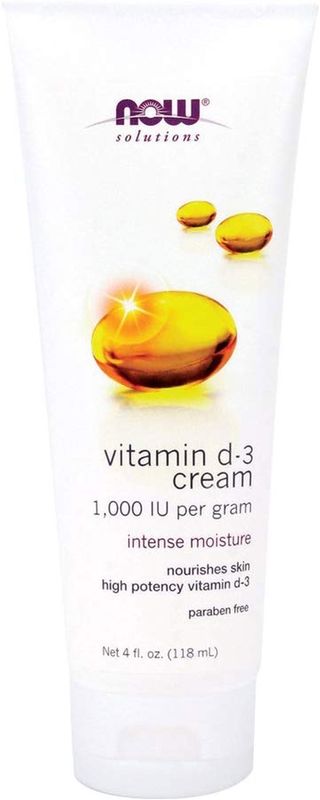
TryNow Foods Vitamin D-3 Cream 118ml, £12.74
Chill Blains
‘These are also more common during the winter months and tend to occur in the fingers and toes, as the cold weather constricts (narrows) the deeper blood vessels in the skin, whilst at the same time, smaller more superficial vessels in skin actually dilate (widen),’ says Dr Glass. This in turn produces the characteristic red /purple changes, which can be painful and if severe may even blister or ulcerate. Dr Glass tells us that if you are susceptible to chilblains, prevention is key, so ensure you wear sufficiently warm clothing and keep your home and work environment warm.
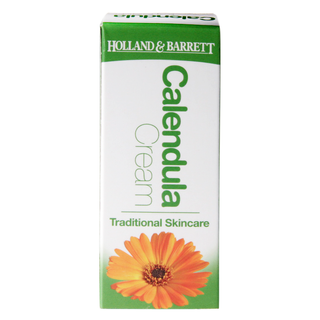
TryHolland & Barrett Calendula Cream 30g, £4.99
Flaky Scalp and skin
Dr Glass explains: ‘Seborrhoeic Dermatitis is closely related to dandruff as they are both caused by the same yeast, which lives on the skin.’ In fact, up to half of the population have had dandruff at some point in their lives, whilst seborrhoeic dermatitis only affects up to 3% of the population. ‘Sufferers of seborrhoeic dermatitis can experience red scaly skin on their cheeks, near their nose, in their eyebrows and also in their armpits. People with seborrhoeic dermatitis often report worsening of their rash in the winter months,’ adds Dr Glass.
For both conditions, he recommends washing with a shampoo containing selenium sulphide (Selsun) or ketoconazole (Nizoral) at least once per week in the winter months. ‘You may also need to see your dermatologist for a suitable prescription to help improve the rash.’
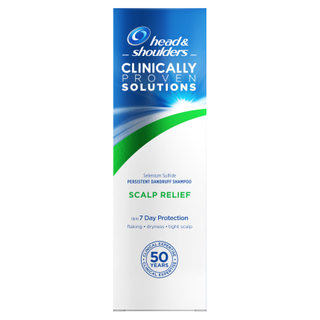
TryHead & Shoulders Clinically Proven Solutions Scalp Relief Shampoo 130ml, £4.99
Dry Skin
The dreaded dry skin; one of the most common issues caused by the winter chill. ‘As well as the cold winds causing dryness, indoor heating systems take a lot of the natural moisture from the air, which means that even when you are indoors, your skin is still unable to get away from the drying effects of winter,’ says Dr Glass. ‘The best way to deal with this is regular use of a good moisturiser, which can be recommended by your dermatologist.
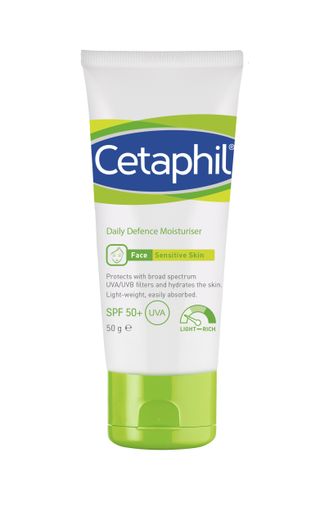
TryCetaphilDaily Defence Moisturiser SPF 50+ 50g, £12.99
Chapped Lips
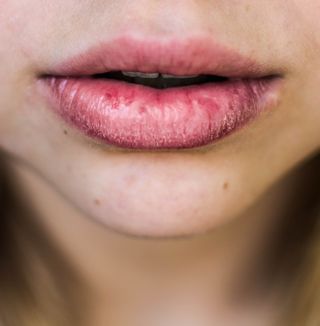
It’s time to pucker up and give your lips some love. Dr Glass says that chapped lips can be effectively treated by gentle exfoliation to ensure you are removing any dry flaky skin from the surface of your lips and regular moisturising with a good quality lip moisturiser.
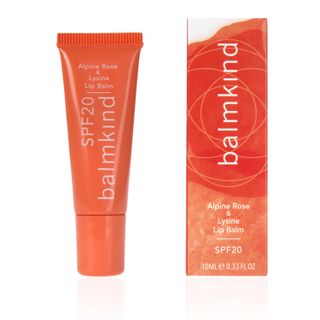
Try BalmKind'sAlpine Rose & Lysine Lip Balm SPF20, £13
UV Damage
‘Whilst UV damage is prevalent during the summer months, contrary to what many people may believe, our skin can be affected by UVA rays even during winter, especially on a clear and bright day and can penetrate the skin causing the same dangerous side effects,’ reveals Dr Glass. ‘No matter your skin type, it’s still just as important to keep your skin protected, especially if you have a fairer complexion as you are at a higher risk for greater UV damage.’ As always, ensure you opt for a high quality, broad-spectrum sunscreen with good protection which can limit potential damage if you are spending prolonged period of times in bright winter sunshine.
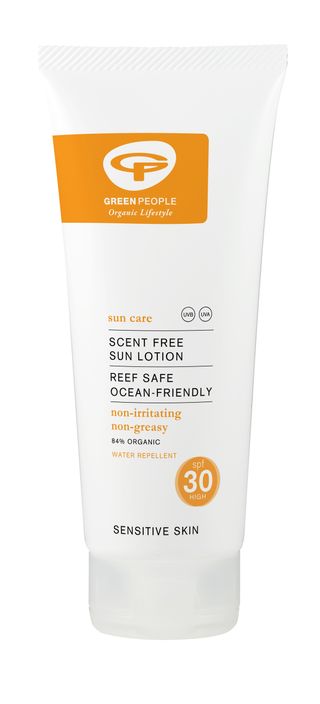
Try Green People,Scent Free Sun Lotion SPF 30, £22.50 (200ml) / £15.00 (100ml)
Acne Breakouts
To combat the dry winter skin, some people may over moisturise but to avoid acne flare ups, make sure you moisturise your face with an oil free non-comedogenic moisturiser. ‘Certain chemicals which are found in cosmetics such as lanolin and petrolatum, can cause acne. So, if you suffer from an irritating dermatologic condition and are not too sure how or why, try looking at your makeup bag, or daily cleansing routine,’ says Dr Glass. ‘Start looking for products labelled ‘non-comedogenic’ or ‘non-acnegenic’. If you’re not sure whether the products you are using are “acne friendly”, seek advice from your Dermatologist on what to use or avoid.’
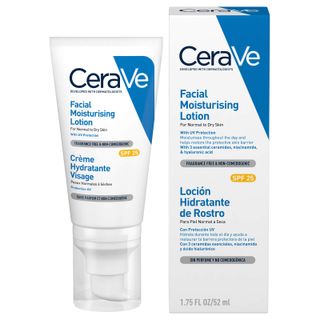
TryCeraVe AM Cream Facial Moisturiser SPF25 52ml, £9.75
If you have any concerns on ongoing symptoms from any of the conditions mentioned please visit your GP.
Lucy Gornall is the former Health & Fitness editor at Future and a personal trainer specializing in pre and post-natal exercise.
-
 Caught ending explained: Who was the killer and is Leo dead?
Caught ending explained: Who was the killer and is Leo dead?Another Harlan Coben thriller is riding high on Netflix, and viewers are asking for a deep dive of the intense ending of Caught
By Lucy Wigley Published
-
 Chocolate brown is everywhere but Ranvir Singh's Reiss sale dress stands out from the crowd
Chocolate brown is everywhere but Ranvir Singh's Reiss sale dress stands out from the crowdRanvir Singh has made us fall in love with deep cocoa brown all over again and her Reiss midi dress is more than 50% off
By Emma Shacklock Published